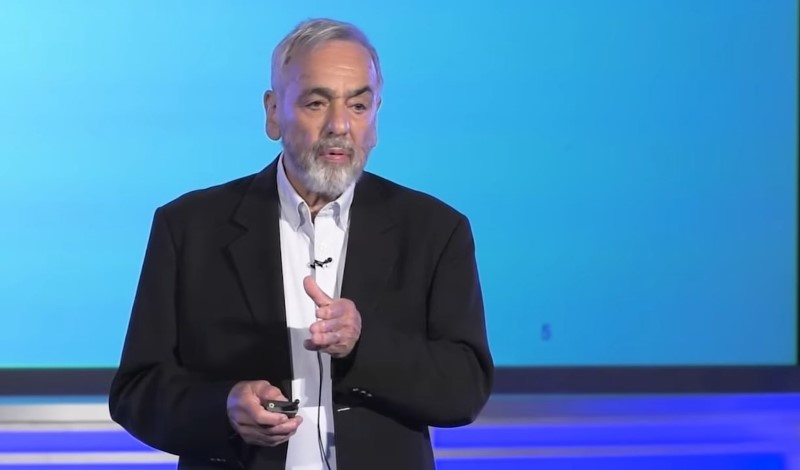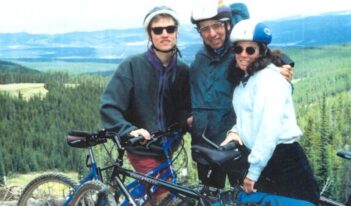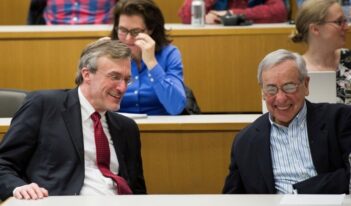
Howard Kunreuther was one of the truly rare scholars and policy analysts who could do it all.
Branch Rickey, the storied president and general manager of Howard Kunreuther’s beloved Brooklyn Dodgers, coined the phrase, “five-tool ballplayer.” This is a player who can run, field, throw, hit, and hit with power. Many terrific ballplayers—indeed many hall-of-famers—have excelled at just a few of these. But there is a special reverence for the rare player who can do it all.
Political scientist and education scholar, Frederick Hess, who taught for a time at Penn, was once asked how he evaluated policy researchers. He listed five attributes of the very best ones: publishing disciplinary scholarship; generating policy analysis and popular writing; convening and shepherding collaboration; providing incisive commentary; and speaking in the public square. These qualities perfectly defined Howard, as I explain below.
- Disciplinary scholarship: Howard published hundreds of refereed publications. He was a principal investigator or co-principal investigator on over a dozen NSF Grants.
- Policy analysis and popular writing: He was the go-to expert on financing and managing losses due to technological and natural hazards. Virtually every book and paper he wrote suggested policy changes. He never let me, or almost anyone else, end a talk without insisting that they describe the policy changes we suggest.
- Collaboration: Others take sabbaticals to think and write, Howard took a sabbatical to direct the National Science Foundation’s Decision, Risk and Management Sciences Program. And in terms of collaboration? Well, he had over 100 co-authors. Howard was often the first to the podium after talks to explore another collaboration.
- Incisive commentary: Howard could count to his credit an array of important books, panels, research talks, advisory councils, research committees, board meetings, conferences, colloquia, policy committees, editorial boards, congressional testimony, appearances before regulatory committees, TV networks, op ed pieces, and so on.
- Speaking in the Public Square: Well, see number 4. And Howard was just as passionate about his work at the end of his career—such as with the publication of his book, The Ostrich Paradox—as he was at all other stages.
At a dinner party I attended several years ago, guests were each asked to describe an important mentor in our lives. Howard was there. He spoke of his relationship with Gilbert White, a leader in natural hazards research and known as the father of flood plain management. When my turn came, I said that my most important mentor and role model just happened to be at the dinner table, and everyone learned why.
Howard changed the course of my career. His generosity, his inexhaustible enthusiasm, his belief in community, his strong sense of right and wrong, and his ever-present encouragement were always on display. He knew nothing of the sharp knives in the academy that Henry Kissinger quipped about. He was a beacon of positivity.
So, yes, he was the embodiment of a five-tool scholar and policy analyst. But he was also so much more.
This essay is part of a series celebrating the life and scholarship of Howard Kunreuther, titled “Commemorating Howard Kunreuther.”




